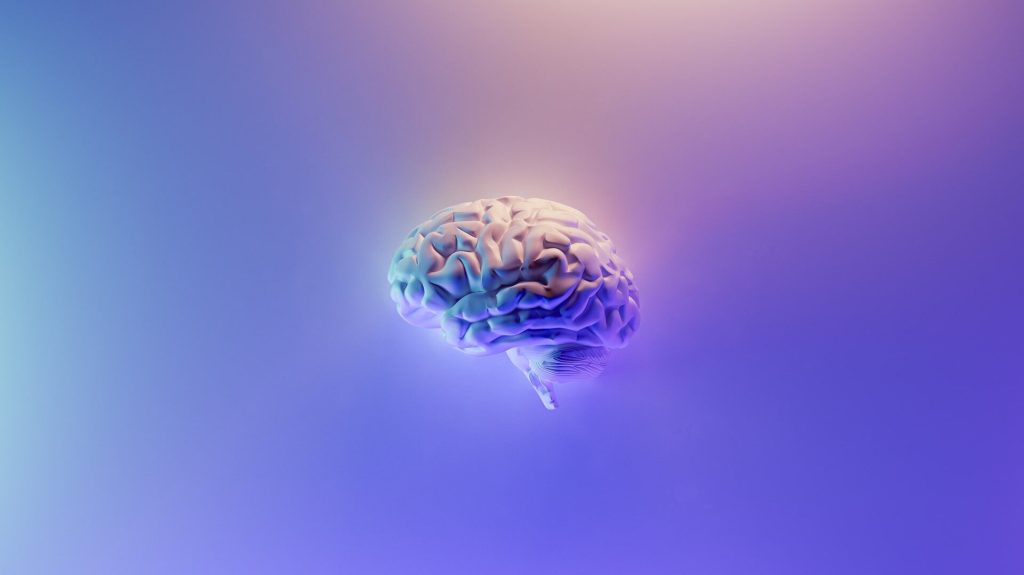A Novel Brain Implant Relieves Treatment-resistant Depression

A proof-of-principle trial has shown that an electrical implant wired into the brain can detect and treat depression, thanks to positive results for the first patient to be fitted with the device.
The patient, Sarah (36), says the matchbox-sized implant in her skull has turned her life around since it was fitted a year ago. Her depression persisted despite anti-depressants and electroconvulsive therapy.
Sarah said that “any kind of relief” was better than her suffering. “My daily life had become so restricted. I felt tortured each day. I barely moved or did anything.”
The device, including its battery, was inserted into her skull beneath the scalp and holes were drilled for wires into her brain.
Recalling how the implant changed her life, she said: “When the implant was first turned on, my life took an immediate upward turn. My life was pleasant again.
“Within a few weeks, the suicidal thoughts disappeared. When I was in the depths of depression all I saw is what was ugly.”
After 15 months, she has so far experienced no side effects from the device.
“In the early few months, the lessening of the depression was so abrupt, and I wasn’t sure if it would last,” she said. “But it has lasted. And I’ve come to realise that the device really augments the therapy and self-care I’ve learned while being a patient here at UCSF.”
The treatment however has to be personalised to the individual and their unique brain circuitry. Researcher Dr Katherine Scangos, a psychiatrist at University of California, San Francisco, said locating the ‘depression circuits’ in Sarah’s brain was what made the innovation possible.
“We found one location, which is an area called the ventral striatum, where stimulation consistently eliminated her feelings of depression.
“And we also found a brain activity area in the amygdala that could predict when her symptoms were most severe.”
Dr Scangos, who has enrolled two other patients in the trial and hopes to recruit nine more, said they need to repeat the work, looking for any changes in biomarkers or brain circuits.
She said, “We didn’t know if we were going to be able to treat her depression at all because it was so severe. So in that sense we are really excited about this. It’s so needed in the field right now.”
However, the researchers stress that much more research is needed to see if this novel treatment is effective in other patients, and if it can be applied to other disorders.
The study is reported in Nature Medicine.
Source: BBC News

